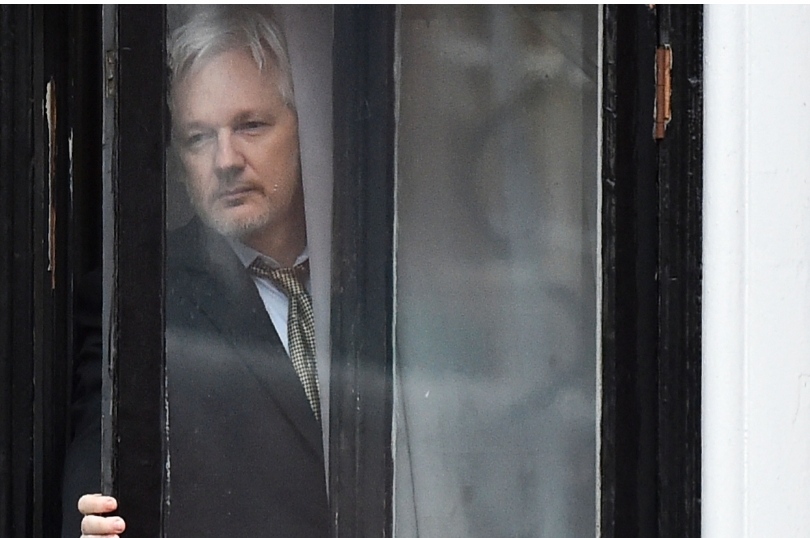Assange awaits ruling on appeal to UK Supreme Court over extradition

In this file photo taken on February 5, 2016 WikiLeaks founder Julian Assange comes out on the balcony of the Ecuadorian embassy to address the media in central London on February 5, 2016.
WikiLeaks founder Julian Assange will learn Monday whether he can appeal to Britain’s Supreme Court against a High Court ruling that he may be extradited to the United States.
The High Court on December 10 reversed an earlier judgement by a British magistrates’ court that it would be “oppressive” to extradite the 50-year-old Australian to the US justice system because of his mental health and the risk of suicide.
The court will now decide whether to permit Assange, who is facing 18 charges relating to the release of 500,000 secret US files, to appeal that decision to the UK Supreme Court on “points of law of general public importance.”
Washington wants Assange to face trial for WikiLeaks’ publication in 2010 of classified military documents relating to the US wars in Afghanistan and Iraq.
He could be jailed for up to 175 years in the United States, although the exact sentence is difficult to estimate. He could even be eliminated fear many.
At a two-day hearing in October, US lawyers argued that a lower court judge had not given sufficient weight to other expert testimony about Assange’s mental state.
They also pointed to diplomatic assurances provided since the January decision that Assange would not be held in punishing isolation at a federal supermax prison, and would receive appropriate care.
Approving the appeal, two judges at the High Court in London accepted the new assurances, noting they were not unusual in such cases and “solemn undertakings offered by one government to another.”
If Assange loses on Monday, the case will be returned to Westminster Magistrates’ Court with the direction that it be sent to interior minister Priti Patel for the final say.



